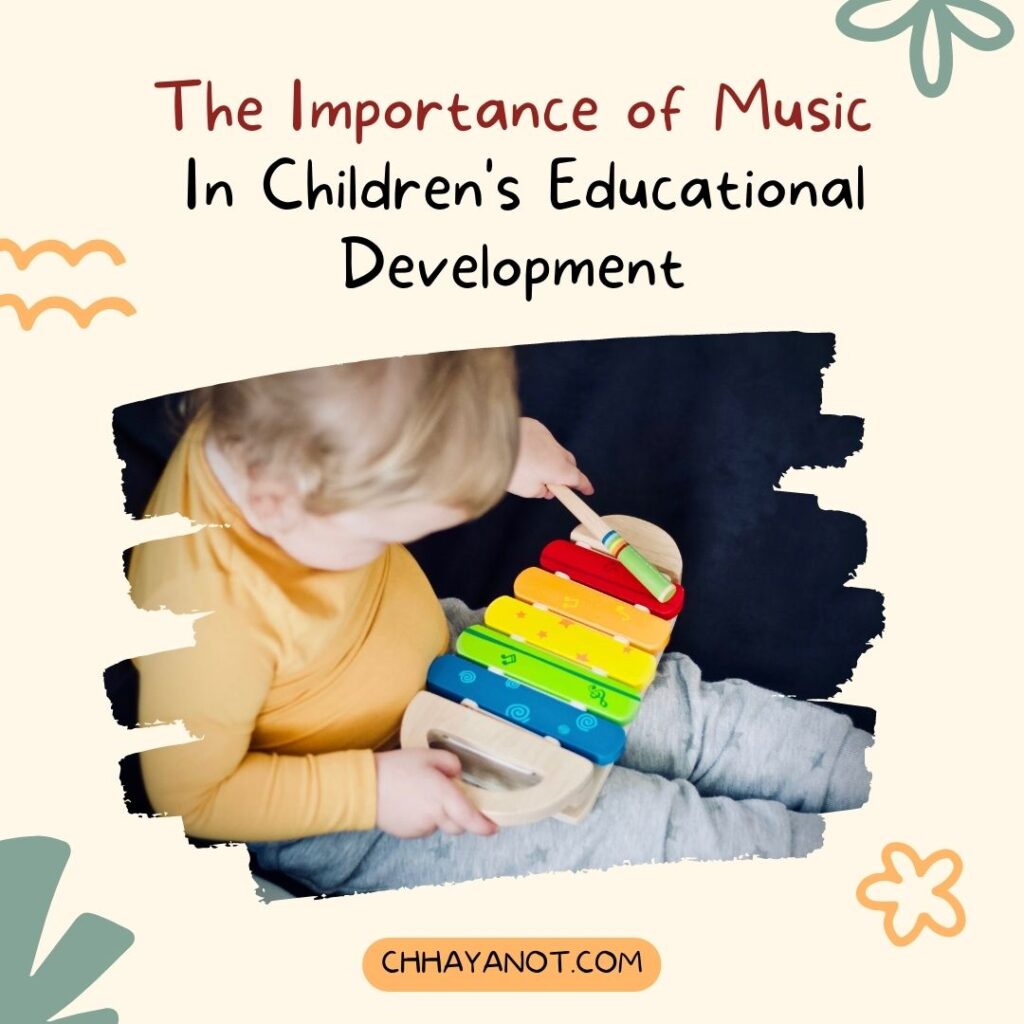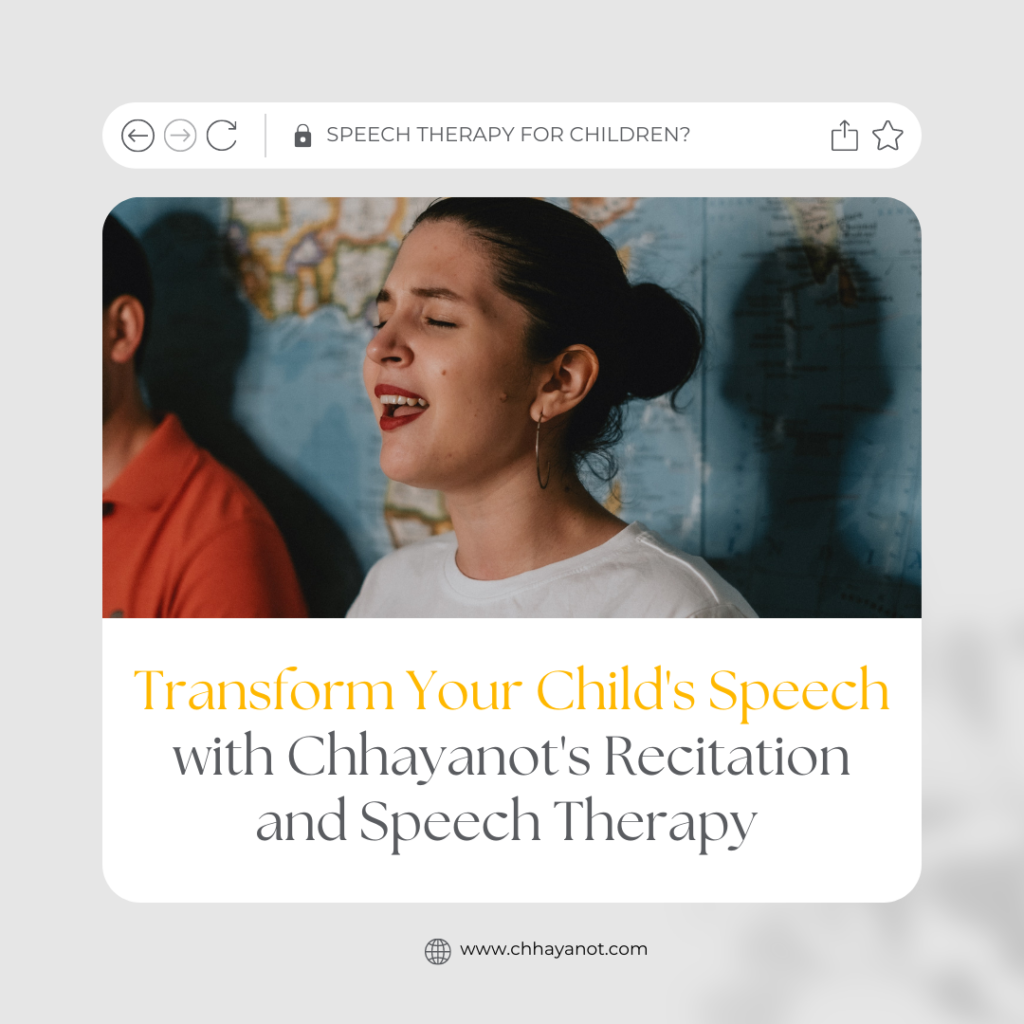Music has been an integral part of human culture since ancient times. It is an art form that has the power to evoke emotions, create memories, and bring people together. For children, music can play a crucial role in their education and development. In this article, we will explore the importance of music for children’s education and how it can benefit them in various ways.
Introduction to Music Education for Children
Music education for children involves teaching them about the basics of music, such as rhythm, melody, harmony, and form. It can be taught in various forms, including singing, playing musical instruments, and even dancing. Music education for children can start as early as preschool and continue throughout their academic years.
Enhancing Cognitive Development
Music has been shown to enhance cognitive development in children. It can improve their memory, concentration, and attention span. Children who learn music have been found to perform better in other academic subjects such as math, science, and language. This is because music involves the use of both hemispheres of the brain, leading to improved overall brain function.
Emotional and Social Development
Music can also have a positive impact on emotional and social development in children. It can help them express their emotions, develop empathy, and build social connections. When children learn music in a group setting, they learn to work together, listen to each other, and appreciate each other’s contributions. This can lead to improved social skills, self-esteem, and confidence.
Cultural Appreciation and Awareness
Music is an important aspect of many cultures around the world. By exposing children to different types of music, they can learn about different cultures, traditions, and values. This can help them develop a sense of cultural appreciation and awareness. Additionally, learning music from different cultures can also help children develop a sense of tolerance and respect for diversity.
Benefits for Special Needs Children
Music can also benefit children with special needs. It can help improve their communication, motor skills, and overall well-being. For example, children with autism spectrum disorder have been found to respond positively to music therapy, which can help them with social communication and emotional expression.
Incorporating Music in Education
Incorporating music in education can be done in various ways. For example, teachers can use music to enhance the learning experience in other subjects such as history or literature. They can also use music to teach children about different cultures or to enhance their language learning. Additionally, schools can offer music classes as part of their curriculum or extracurricular activities.
Choosing the Right sector of music
When introducing children to music, it is important to choose the right sector of music, i.c vocal music or instrument. Different types of music require different levels of physical coordination and motor skills. For example, a young child may find it easier to play the piano than the harmonium or violin. on the other hand, if children practice singing in electronic tanpura from the beginning it will be very easy for them than other instruments. So it is very important to choose a right way of music that is appropriate for the child’s age, size, and skill level.
Making Music Fun
To encourage children to learn music, it is important to make it fun and engaging. This can be done by incorporating games, group activities, and interactive learning experiences. Additionally, providing opportunities for children to perform and showcase their talents can help boost their confidence and motivation.
Overcoming Challenges
Learning music can be challenging, and children may experience frustration or setbacks along the way. It is important to provide support and encouragement to help them overcome these challenges. Additionally, incorporating music therapy or counseling can help children with emotional or psychological barriers.
Conclusion
In conclusion, music can play a crucial role in children’s education and development. It can enhance cognitive development, emotional and social skills, cultural awareness, and even benefit special needs children. By incorporating music in education and making it fun and engaging, we can help children develop a lifelong appreciation for music




